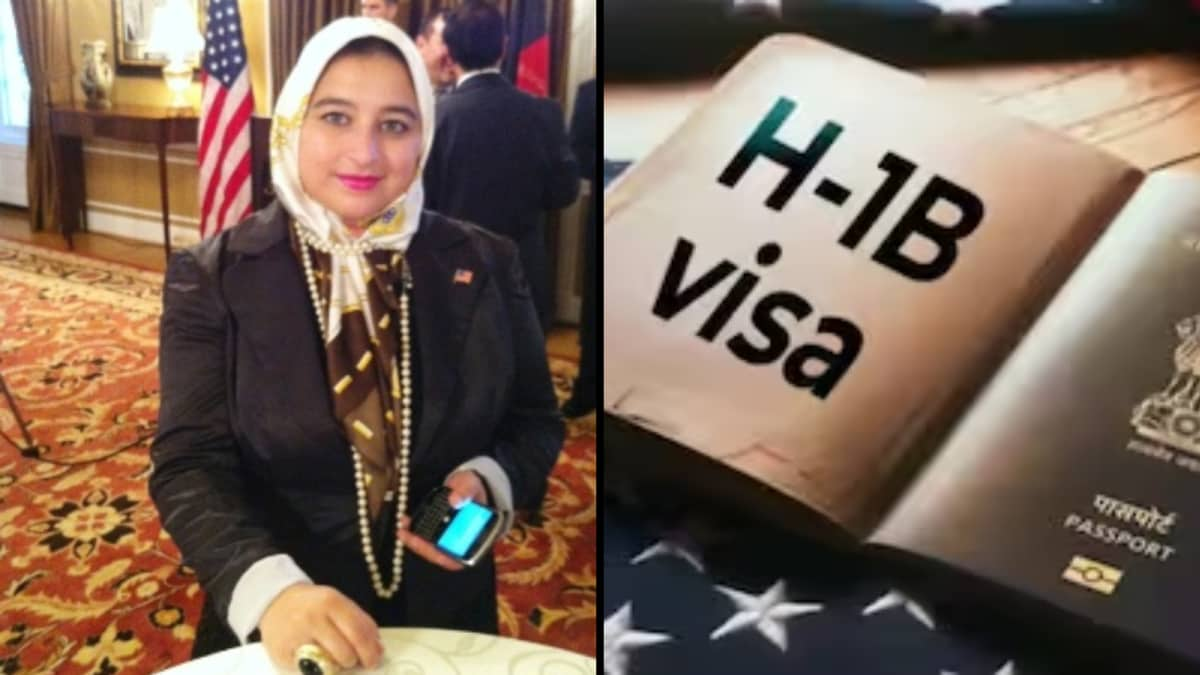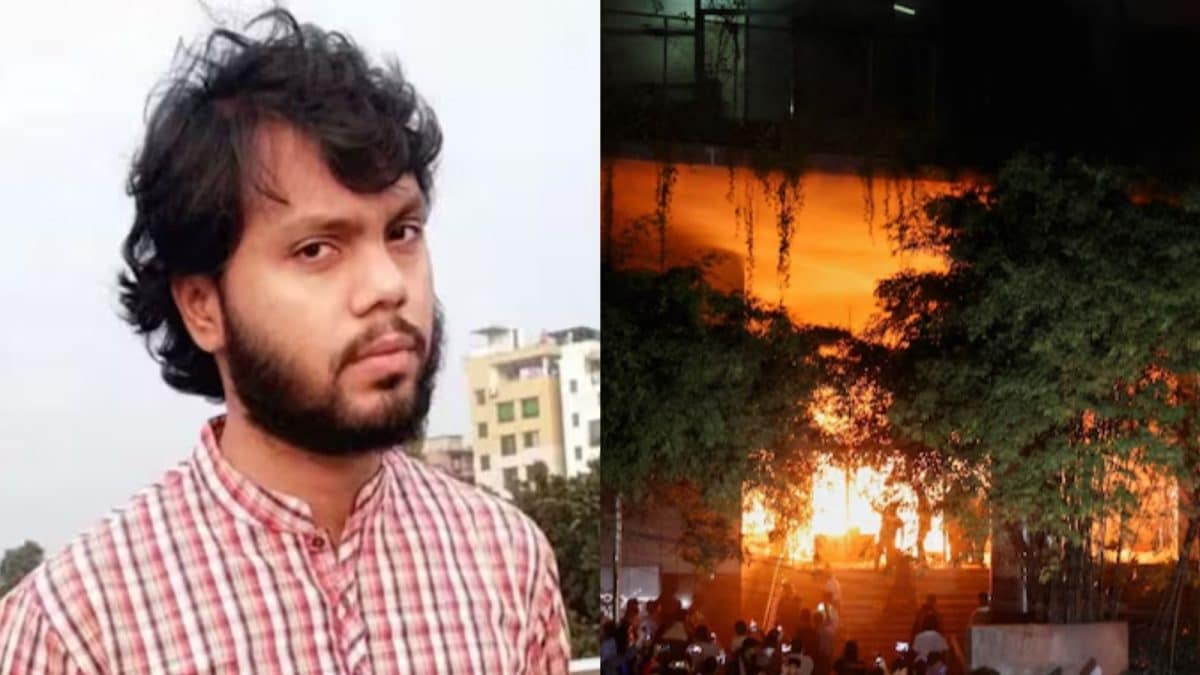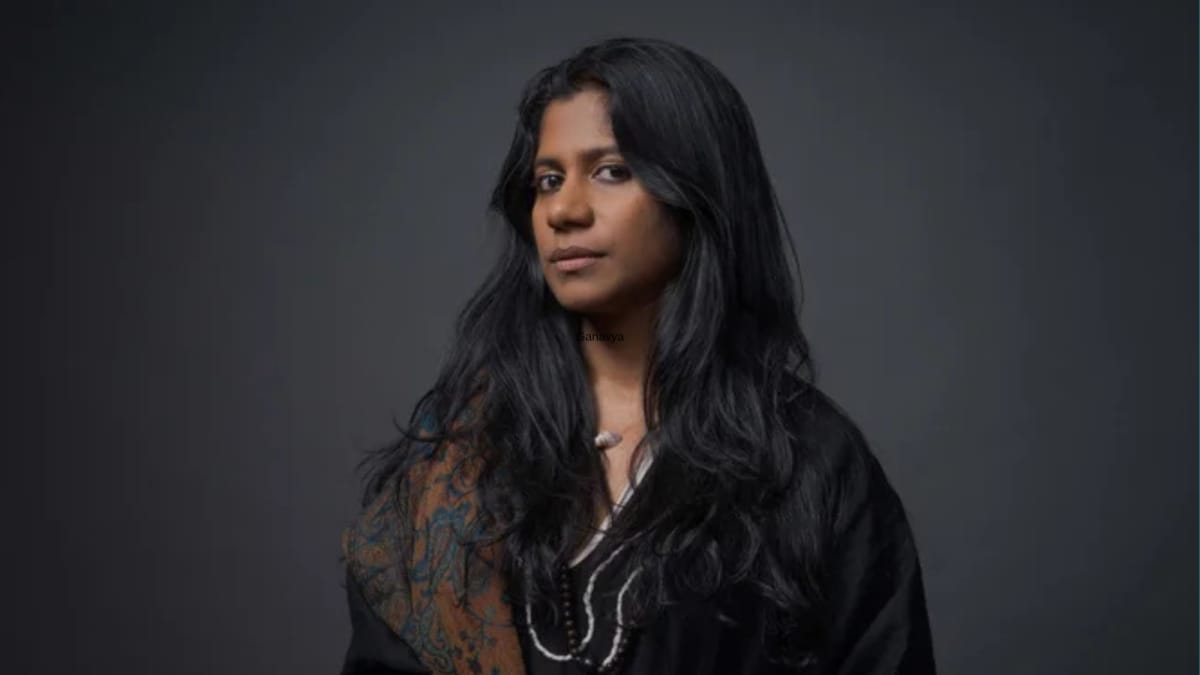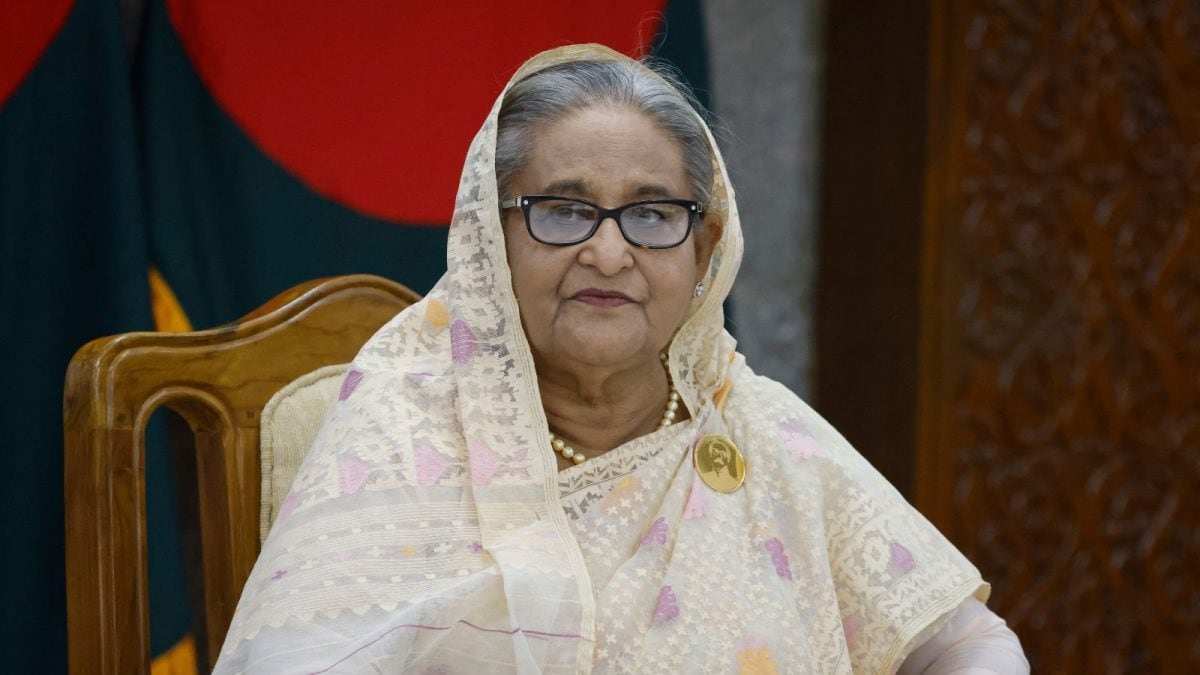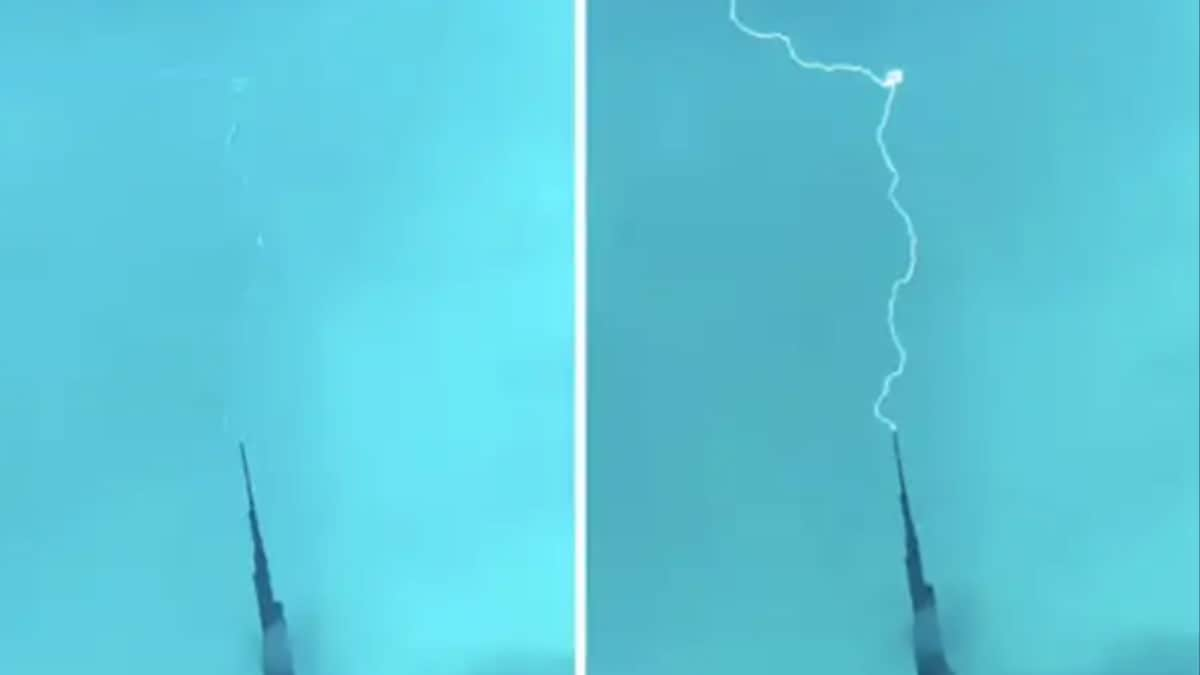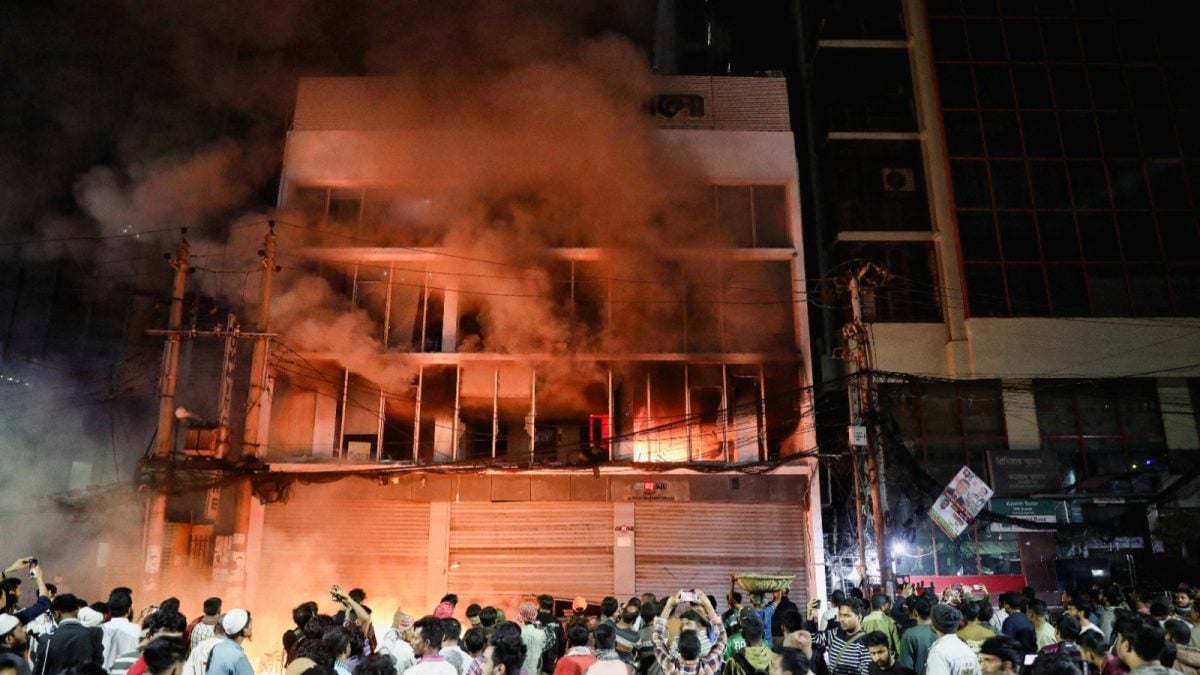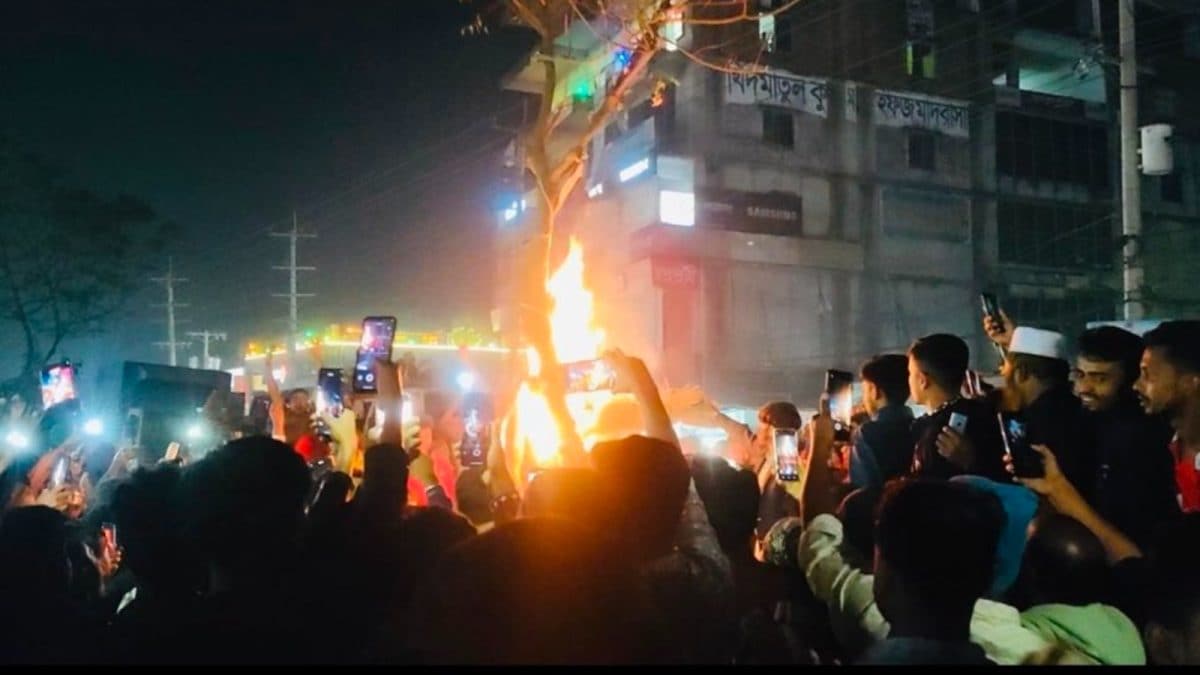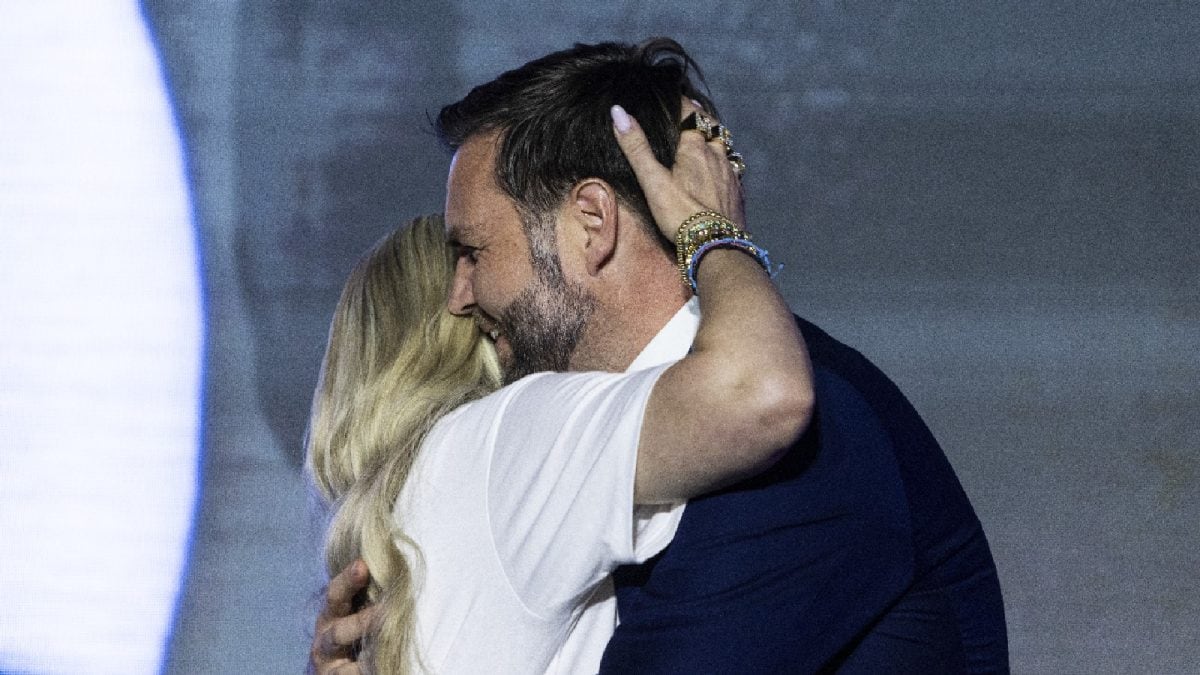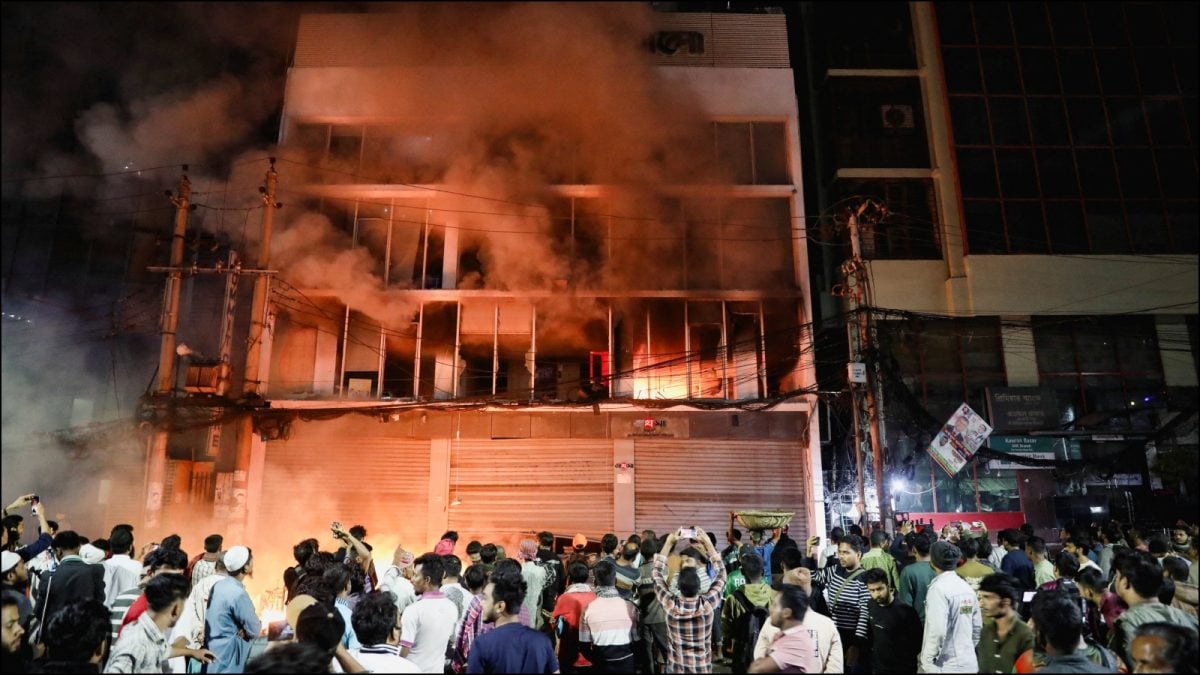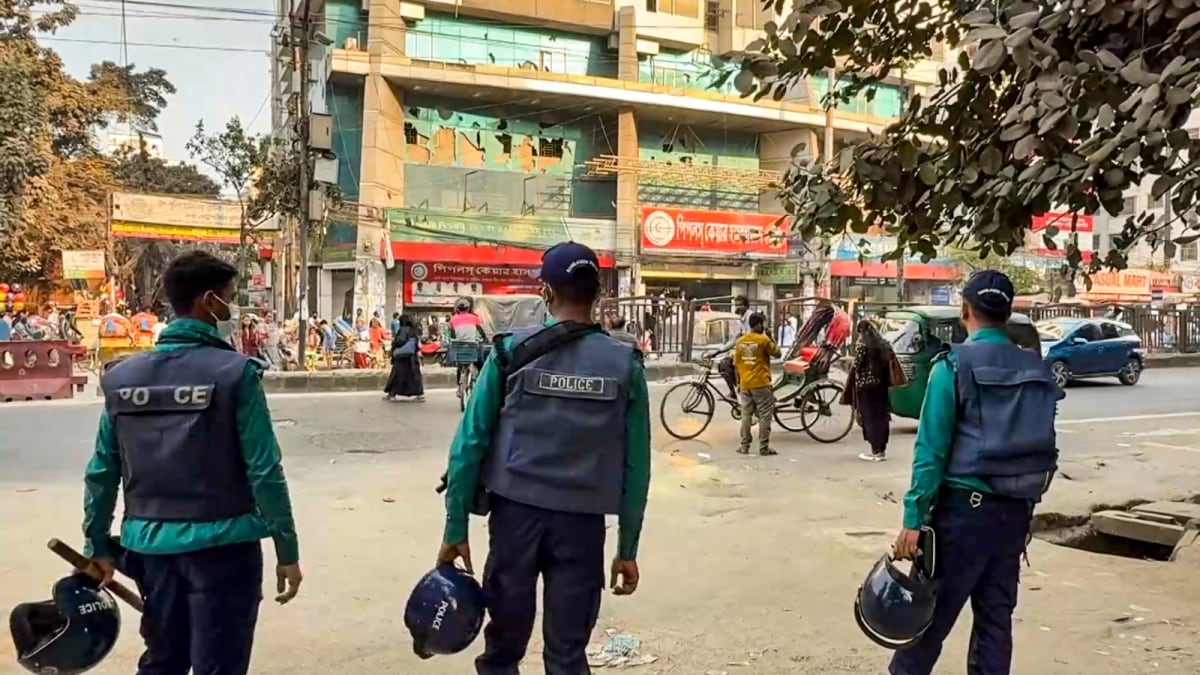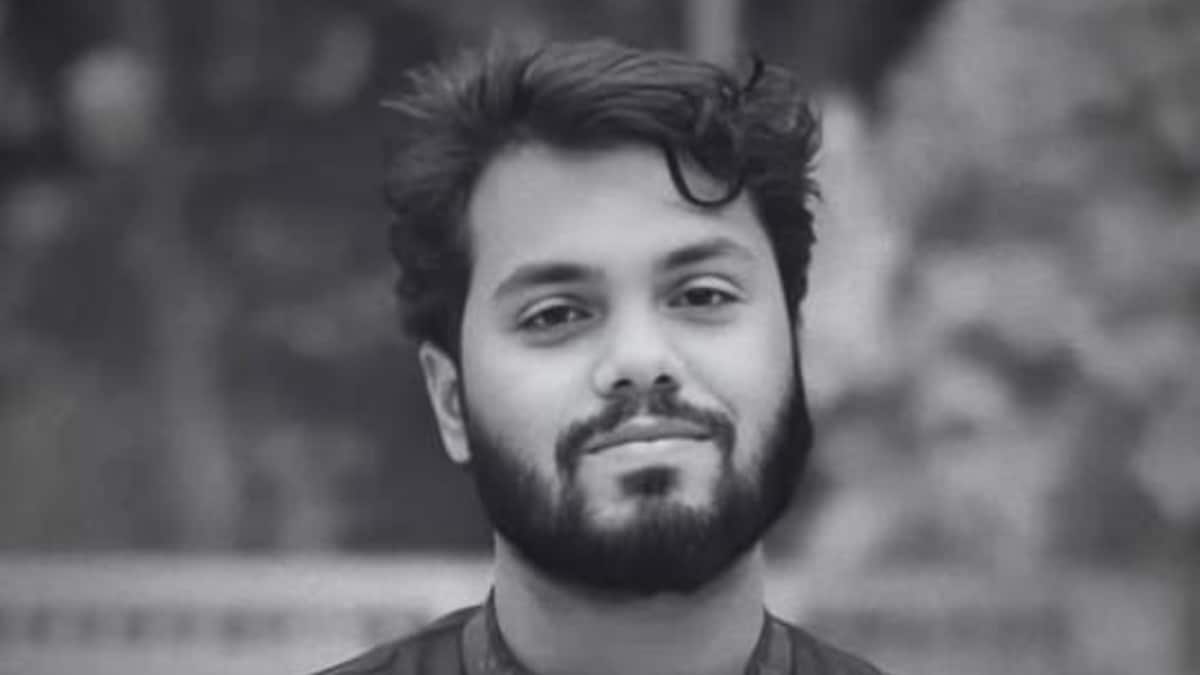Key events Show key events only Please turn on JavaScript to use this feature
Earlier this week, the US vice-president, JD Vance, announced the opening of a civilian military coordination cente in southern Israel where 200 US troops are working alongside the Israeli military and delegations from other countries planning the stabilisation and reconstruction of Gaza.
According to the Associated Press (AP), Rubio told journalists at Joint Base Andrews late on Wednesday that he plans to visit the centre and appoint a foreign service official to work alongside the top US military commander in the Middle East, Vice Adm Brad Cooper.
The US is seeking support from other allies, especially Gulf nations, to create an international stabilisation force to be deployed to Gaza and train a Palestinian force.
The US secretary of state, Marco Rubio, said:
We’d like to see Palestinian police forces in Gaza that are not Hamas and that are going to do a good job, but those still have to be trained and equipped.
Settlement building has been expanding in the occupied West Bank rapidly since 2022 when the government led by the Israeli prime minister, Benjamin Netanyahu, came to power. It is the most rightwing in Israel’s history, featuring several ultra-nationalist lawmakers.
The United Arab Emirates (UAE), the most prominent Arab country to establish ties with Israel under the Abraham accords brokered by the US president, Donald Trump, in his first term in office, last month warned that annexation in the West Bank was a red line for the Gulf state.
The senior Emirati official Anwar Gargash, a diplomatic adviser to the UAE president, told the Reuters NEXT Gulf Summit in Abu Dhabi on Wednesday that he believed the Gulf state had averted annexation.
The UAE national security adviser, Sheikh Tahnoon bin Zayed Al Nahyan, discussed on Wednesday developments related to the ceasefire in Gaza and efforts to consolidate it with US envoy Steve Witkoff and Trump’s son-in-law Jared Kushner, the Emirati state news agency WAM reported.
The meeting in the Gulf country came after a visit by Witkoff and Kushner to Israel.
Explainer: What were the bills on annexing the occupied West Bank voted on by Israeli lawmakers?
Reuters has some more detail on the bills voted on yesterday by Israeli lawmakers mentioned in the previous post:
A bill applying Israeli law to the occupied West Bank, a move tantamount to annexation of land that Palestinians want for a state, won preliminary approval from Israel’s parliament on Wednesday.
There are about 700,000 Israeli settlers living in settlements across the Israeli-occupied West Bank. The United Nations and much of the international community consider the settlements illegal under international law.
Israel’s government, however, cites biblical and historical connections to the West Bank, territory that it regards as disputed, and opposes the establishment of a Palestinian state. The settlements are an explosive issue that has for decades been seen as a major obstacle to Middle East peace.
The vote was the first of four needed to pass the law and coincided with US vice-president JD Vance’s visit to Israel, a month after President Donald Trump said that he would not allow Israel to annex the West Bank.
Israeli prime minister Benjamin Netanyahu’s Likud party did not support the legislation, which was put forward by lawmakers outside his ruling coalition and passed by a vote of 25 in favour and 24 against out of 120 lawmakers.
A second bill by an opposition party proposing the annexation of the Maale Adumim settlement near Jerusalem passed by 31 votes to 9.
Netanyahu’s government had been mulling annexation as a response to a string of its western allies recognising a Palestinian state in September, but appeared to scrap the move after Trump objected.
Rubio says Israel annexation moves in West Bank ’threatening’ Gaza deal
The US secretary of state, Marco Rubio, warned Israel on Wednesday against annexing the West Bank, saying steps taken by parliament and settler violence threatened a Gaza deal.
Israeli lawmakers voted on Wednesday to advance two bills on annexing the occupied West Bank, barely a week after President Donald Trump pushed through a deal aimed at ending a two-year Israeli offensive in the Gaza Strip that was retaliation for a Hamas attack.
“I think the president’s made clear that’s not something we can be supportive of right now,” Rubio said of annexation as he boarded his plane for a visit to Israel. Annexation moves are “threatening for the peace deal,” he told reporters.
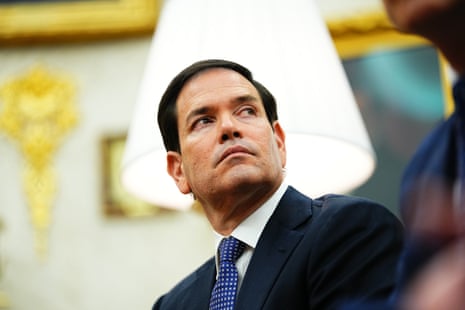
According to Agence France-Presse (AFP), Rubio added:
They’re a democracy, they’re going to have their votes, and people are going to take these positions. But at this time, it’s something that we … think might be counterproductive.
Asked about increased violence by extremist Israeli settlers against Palestinians in the West Bank, Rubio said:
We’re concerned about anything that threatens to destabilise what we’ve worked on.
But Rubio – the latest high-ranking US visitor to Israel after vice-president JD Vance – voiced optimism overall for preserving Trump’s Gaza deal. Rubio said:
Every day there’ll be threats to it, but I actually think we’re ahead of schedule in terms of bringing it together, and the fact that we made it through this weekend is a good sign.
The US is the primary military and diplomatic supporter of Israel and Rubio until recently had steered clear of criticising annexation moves championed by far-right allies of the prime minister, Benjamin Netanyahu.
But a number of Arab and Islamic states, which the US is courting to provide troops and money for a stabilisation force in Gaza, have warned that annexation of the West Bank, led by Hamas’s moderate rivals in the Palestinian Authority, was a red line.
In other developments:
Israel must allow aid into Gaza, and its restrictions on doing so over the past two years have put it in breach of its obligations, the UN’s top court has found. The stinging advisory opinion by the international court of justice in The Hague also found that Israel had a duty not to impede the supply of aid by UN organisations including the beleaguered UN Palestinian relief agency Unrwa, which has been in effect banned from the territory since January.
On the second day of a US diplomatic push aimed at shoring up the fragile Gaza ceasefire, Israel’s prime minister, Benjamin Netanyahu, dismissed as “hogwash” suggestions that his country was a client state of Washington. Despite the US providing an estimated 68% of Israel’s foreign-sourced weapons, Netanyahu, when asked on Wednesday if Israel was beholden to Washington, said: “I want to put it very clearly. One week they say that Israel controls the United States. A week later they say the United States controls Israel. This is hogwash.”
Israel’s supreme court is scheduled to hear on Thursday a petition filed by an organisation representing international media outlets in Israel and the Palestinian territories, demanding independent access for journalists to Gaza. Since the Gaza war began in October 2023, Israeli authorities have prevented foreign journalists from entering the territory, taking only a handful of reporters inside on tightly controlled visits alongside its troops.
More than two dozen Democratic lawmakers have written to the US secretary of state, Marco Rubio, and the US ambassador to Israel urging them to help secure the release of Mohammed Ibrahim, a 16-year-old Palestinian-American citizen who has been held in Israeli military detention for nearly eight months. Ibrahim, a dual Palestinian-American teenager from Florida, was arrested in a raid on his family’s West Bank home in February when he was 15 years old.

 1 month ago
1 month ago

